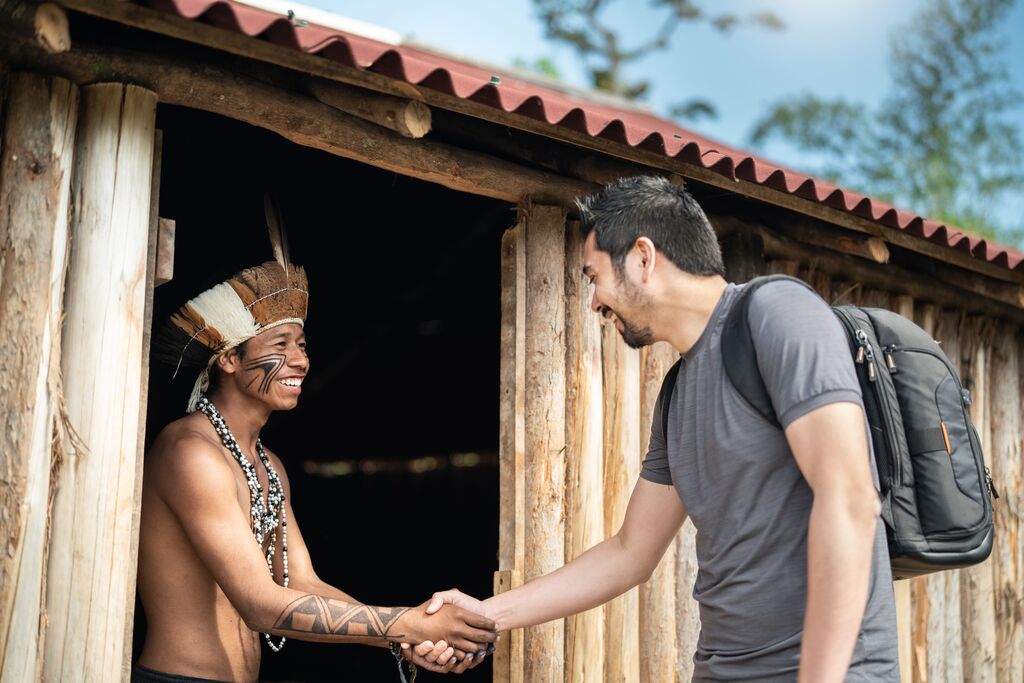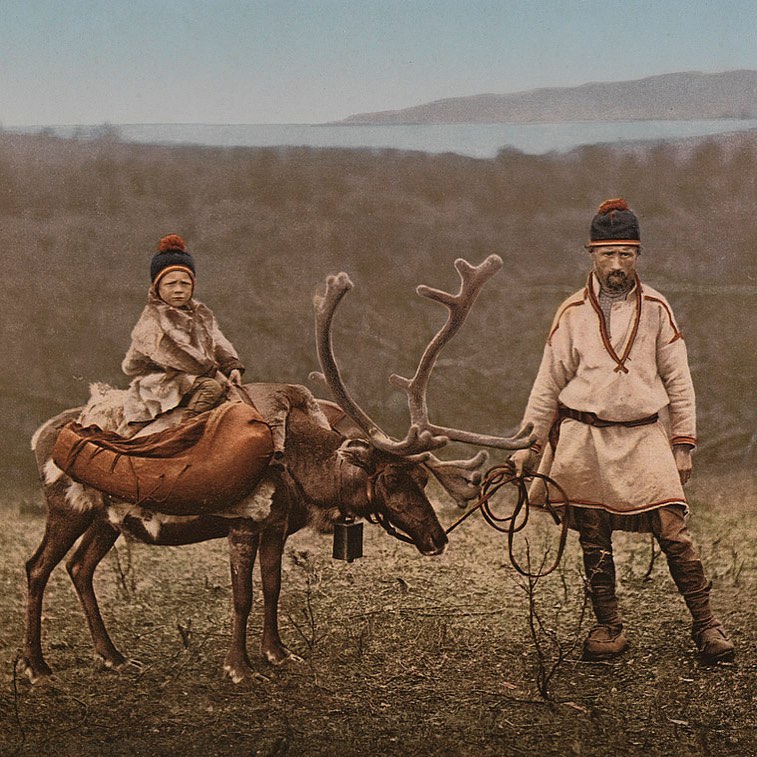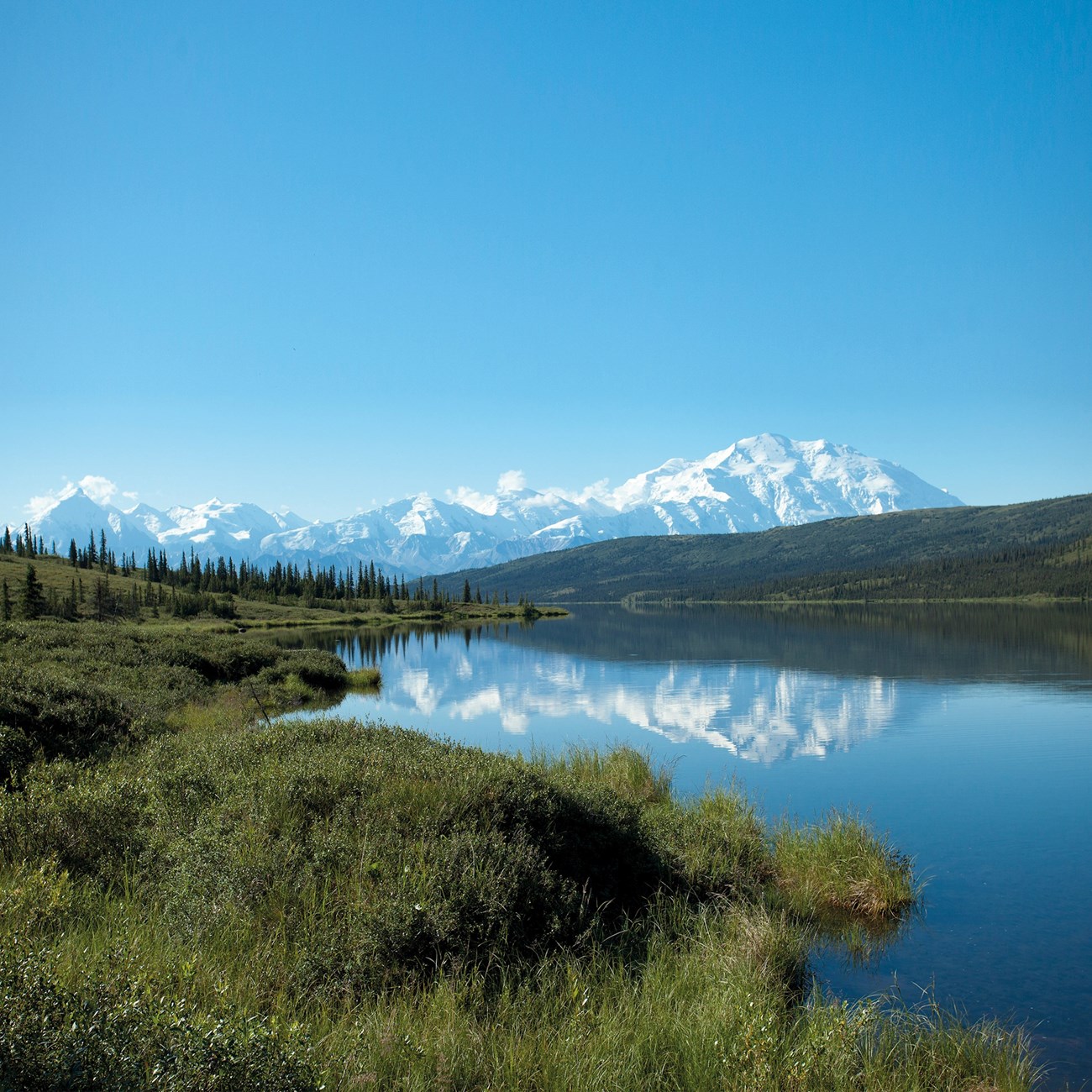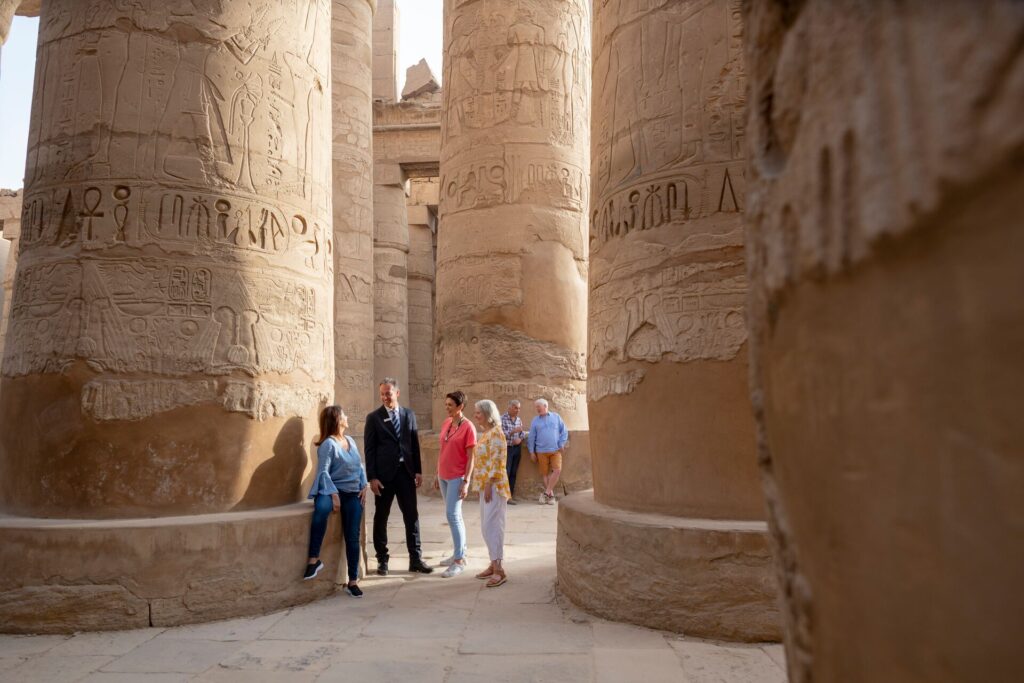International Day of the World’s Indigenous Peoples: Why It Matters More Than Ever
Every year on August 9, the world is called to reflect on the resilience, knowledge, and heritage of Indigenous peoples around the world. The International Day of the World’s Indigenous Peoples give us a moment to recognize centuries of cultural contributions, advocate for rights and representation, and acknowledge the role Indigenous communities play in shaping a more sustainable future. Indigenous voices, whether they’re from the Sámi of Northern Europe, the Māori in New Zealand or the Mapuche of South America, are central to understanding our planet’s history — and protecting its future.

Indigenous peoples make up just 6.2% of the global population but speak more than 4,000 of the world’s languages.
1. What is International Day of the World’s Indigenous Peoples?
First proclaimed by the United Nations in 1994, the International Day of the World’s Indigenous Peoples is observed annually on August 9 to raise awareness about the needs, rights, and achievements of Indigenous communities.
This date marks the anniversary of the first meeting of the UN Working Group on Indigenous Populations in 1982. Today, it serves as a global platform to address issues such as land rights, language preservation, cultural heritage, and environmental protection.
Indigenous peoples make up around 6.2% of the global population: more than 476 million people across 90 countries. Their traditional knowledge systems, from sustainable farming to biodiversity conservation, are vital resources in tackling climate change and safeguarding natural environments.
2. Why it matters more than ever
In an age of rapid globalization, preserving Indigenous heritage is not just about protecting the past. It’s about securing a more balanced and inclusive future.
-
Cultural preservation: Many Indigenous languages, traditions, and arts are at risk of disappearing.
-
Environmental stewardship: Indigenous communities protect the majority of the planet’s biodiversity, often acting as frontline defenders against deforestation and ecological damage.
-
Social justice: Advocacy for Indigenous rights addresses historical injustices and paves the way for more equitable societies.
For travelers, supporting Indigenous communities can be as simple as choosing experiences that are locally owned and operated, ensuring that tourism dollars directly benefit the people who keep these cultures alive.
Save up to $3,000* per couple on your first Premium Tour
Plus receive latest offers, travel inspiration, and discover how your travels will make a positive impact. Together, WE MAKE TRAVEL MATTER®. Subscribe Now3. How to celebrate International Day of the World’s Indigenous Peoples?
Here are meaningful ways to engage with this day:
- Learn from Indigenous voices: Read books, listen to podcasts, or watch documentaries produced by Indigenous authors, artists, and filmmakers.
- Support Indigenous tourism: Join guided experiences led by Indigenous hosts. On this Alaska Tour Itinerary, for example, guests connect directly with local Tlingit communities.
- Advocate for rights: Follow and support organizations working for Indigenous rights and environmental conservation.
- Shop ethically: Purchase directly from Indigenous artisans to ensure fair pay and cultural preservation.
- Participate locally: Many cities host cultural events, art exhibits, and lectures on August 9.

Around 80% of the Earth’s biodiversity is found on lands managed or inhabited by Indigenous communities.
4. Travel with Insight Vacations
Travel is one of the most powerful ways to connect with Indigenous cultures, not as a spectator, but as a respectful guest. From sharing stories with Patagonia’s Mapuche people to learning centuries-old reindeer herding traditions from the Sámi in Scandinavia, our premium tours open the door to authentic encounters you simply won’t find on a standard itinerary.
Every Indigenous experience on our tours is chosen with care, ensuring your visit directly benefits the communities you meet. With our commitment to Make Travel Matter®, you’ll go beyond sightseeing. You’ll contribute to the preservation of languages, the continuation of ancestral skills, and the protection of sacred lands. You won’t just return home with beautiful memories, you’ll return knowing your journey helped sustain cultures that have shaped our world for millennia.

Some Indigenous traditions, such as Andean terrace farming or Polynesian navigation, date back thousands of years — and are still in use today.
We’d love to hear from you. Tell us about your travel experiences that engaged with Indigenous heritage or your dream destinations in the comments below…
LIKED THIS POST? SHARE WITH YOUR COMMUNITY




